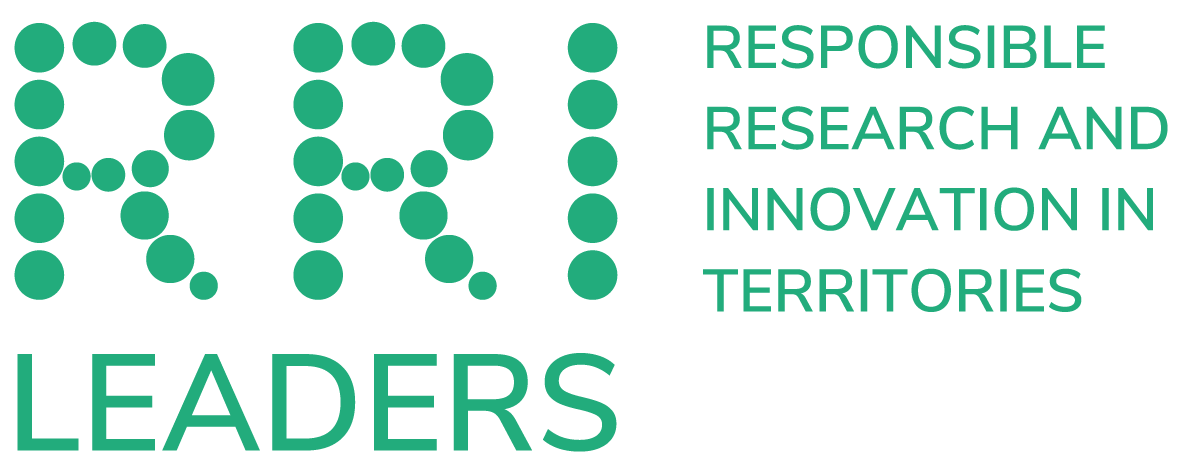The transformation of RRI

Despite being a relatively new concept, RRI has considerably transformed its implementation scope in the recent years. From exclusively operating as a scientific innovation framework that initiated the “responsibility” pillars on which innovation and science should be based, it has been transformed to a policy-making tool that incorporates science and innovation principles under a general sustainability framework. According to relevant literature, RRI aims at enhancing a specific scope of the political process, politicizing the policy ‘inputs’ that have been recently “depoliticized”, implying that it can be primarily considered a policy-making framework that focuses at embedding the sustainability principles of research. In fact, RRI should be considered as a process that aims at readjusting the politics of research governance between the input and output sides rather than as an effort to repoliticise research governance.
Regarding distinct policy foci, RRI contribution has also been transformed from providing sustainability principles for implementing purely scientific issues, to shaping a general roadmap according to which key policy issues should be implemented. A distinct example of a policy that RRI could play a prominent role is energy transition. RRI-based policies in governance are considered major tools for easing the negative effects of the energy transition process, especially in the direction of democratization of policies, sustainable development and maximum embedment of innovation. In fact, literature and policy practice indicate that RRI can be operationalized in the form of a tool for leading energy transition to societally beneficial directions. This transformation operates as a guide for policy makers to adopt policies that exceed the narrow scope of science and innovation embedment, to a new level of the initiation of a sustainable policy making framework with the wider social benefit and sustainable development as its two main pillars.
